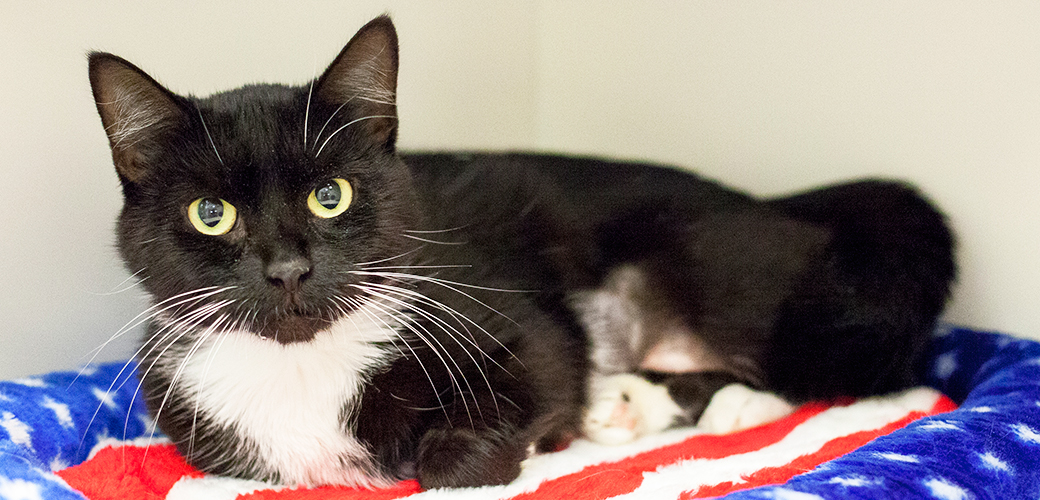This weekend a giant oarfish was found dead on the Pichilingue beach in Baja California.
As for the corpse, the oarfish was around 9 feet long in length. Residents immediately buried the scale-less and silvery fish at a seaside compost pit.
The giant oarfish is also called the king of herrings, is a deep-sea species and the longest bony fish in the world, reaching a record length of 11 meters. Its main characteristic is that it is shaped like a ribbon and has small fins.
In Japanese folklore, The mythology surrounding the giant oarfish is ominous. They call the oarfish as “the God of the Sea”. The surfacing of deep-sea creatures like the oarfish has been associated with possible tidal wave, earthquake, tsunami or earthquake as they are sensitive to underwater fault movement.
“According to traditional belief, if a lot of oarfish show up, it could be a sign of an impending earthquake ,” National Geographic explains .
Giant oarfish are thought to frequent depths around 3,300 feet (1,000 meters). They are the longest known living species of bony fish, reaching a length of 56 feet (17 meters). They can weigh up to 600 pounds (270 kilograms).
They live in the deep of the ocean but regularly swimming to the surface in an absolutely vertical position which is remarkable. Its meat is not that great. It's poor quality, sort of "jelly"-like but the look of a Giant oarfish is an impressive sight.




